Speaker: New parliamentary elections loom
Speaker Oliver Dulić says the cabinet will collapse if the DSS "continues to seek the help of the oppositions".
Sunday, 10.02.2008.
12:06

Speaker Oliver Dulic says the cabinet will collapse if the DSS "continues to seek the help of the oppositions". Prime Minister Vojislav Kostunica's Democratic Party of Serbia (DSS) turned to mustering support in the parliament this week, once it became obvious it had no majorty in the government, where it is in coalition with President Boris Tadic's Democrats (DS) and G17 Plus. Speaker: New parliamentary elections loom Now Dulic, DS, told daily Vecerenje Novosti new parliamentary elections are one of the possible solutions to the deep crisis gripping the cabinet. He said that a meeting between Kostunica and Tadic next week will "dispel all dilemmas" and "prove fateful" for the future of the ruling coalition in Serbia. The current coalition government was elected in May last year, after more than three months of wrangling that followed the Jan. 21, 2007, ballot. The Serb Radical Party (SRS) emerged as the biggest single force in the parliament, but did not have the necessary majority and was unable to find partners to form the cabinet. The DS came in second, with pre-election coalition of DSS-NS managing only the number three spot. But a coalition agreement saw Kostunica hang on to his premiership. Dulic believes the meeting next week will provide answers as to whether the fragile coalition, shaken by differences over Serbia's EU future and deployment of an EU mission to Kosovo, has any future. "It's impossible for the DSS to be in the government, with the DS and G17 Plus, and at the same time collaborate with Socialists [SPS] and Radicals in the parliament." "The Democrats did not back Kostunica to remain the prime minister so that he could implement his party goals with the assistance of the SPS and SRS. We can no longer accept that," Dulic explained. Asked about possible scenarios in case the DS-G17 Plus ministers decided to outvote the DSS-NS coalition in a cabinet meeting, approving the controversial political agreement with the EU, with Kostunica then proceeding to annul it in parliament, Dulic said that "outvoting can only happen over issues that are not crucial for the state." "The questions of Serbia's future, that of Kosovo and Metohija, the sending of an EU mission there, Serbia's continued EU path, are far too serious and crucial to have anyone outvoted." "This is precisely the reason why I did not immediately schedule a parliament session last week – to leave enough time for a consensus to be achieved over the state and national policy," Dulic told the newspaper.
Speaker: New parliamentary elections loom
Now Dulić, DS, told daily Večerenje Novosti new parliamentary elections are one of the possible solutions to the deep crisis gripping the cabinet.He said that a meeting between Koštunica and Tadić next week will "dispel all dilemmas" and "prove fateful" for the future of the ruling coalition in Serbia.
The current coalition government was elected in May last year, after more than three months of wrangling that followed the Jan. 21, 2007, ballot.
The Serb Radical Party (SRS) emerged as the biggest single force in the parliament, but did not have the necessary majority and was unable to find partners to form the cabinet.
The DS came in second, with pre-election coalition of DSS-NS managing only the number three spot. But a coalition agreement saw Koštunica hang on to his premiership.
Dulić believes the meeting next week will provide answers as to whether the fragile coalition, shaken by differences over Serbia's EU future and deployment of an EU mission to Kosovo, has any future.
"It's impossible for the DSS to be in the government, with the DS and G17 Plus, and at the same time collaborate with Socialists [SPS] and Radicals in the parliament."
"The Democrats did not back Koštunica to remain the prime minister so that he could implement his party goals with the assistance of the SPS and SRS. We can no longer accept that," Dulić explained.
Asked about possible scenarios in case the DS-G17 Plus ministers decided to outvote the DSS-NS coalition in a cabinet meeting, approving the controversial political agreement with the EU, with Koštunica then proceeding to annul it in parliament, Dulić said that "outvoting can only happen over issues that are not crucial for the state."
"The questions of Serbia's future, that of Kosovo and Metohija, the sending of an EU mission there, Serbia's continued EU path, are far too serious and crucial to have anyone outvoted."
"This is precisely the reason why I did not immediately schedule a parliament session last week – to leave enough time for a consensus to be achieved over the state and national policy," Dulić told the newspaper.










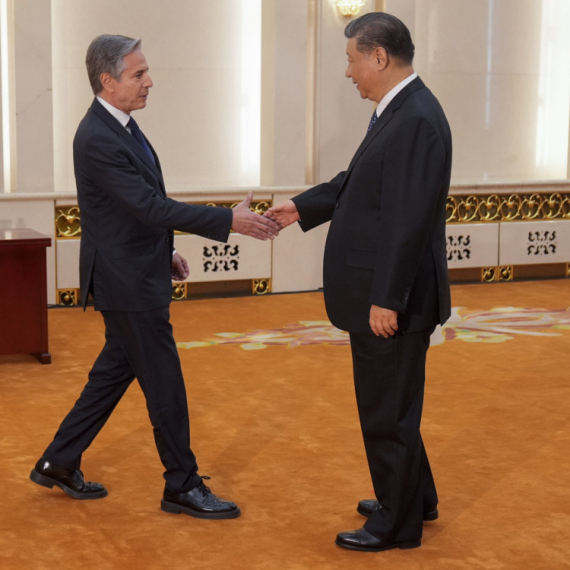


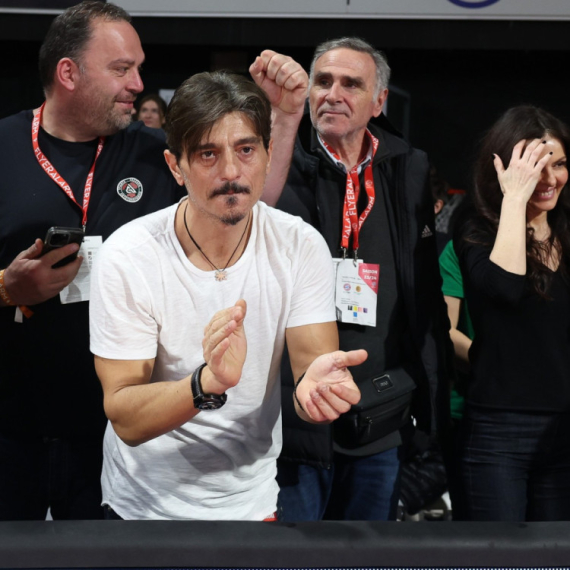
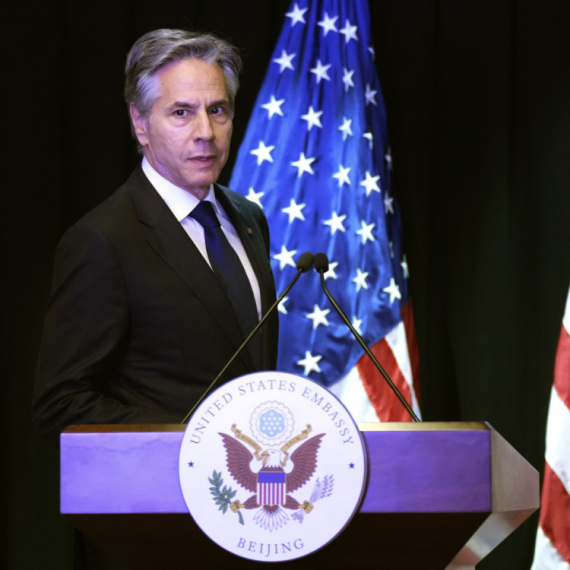

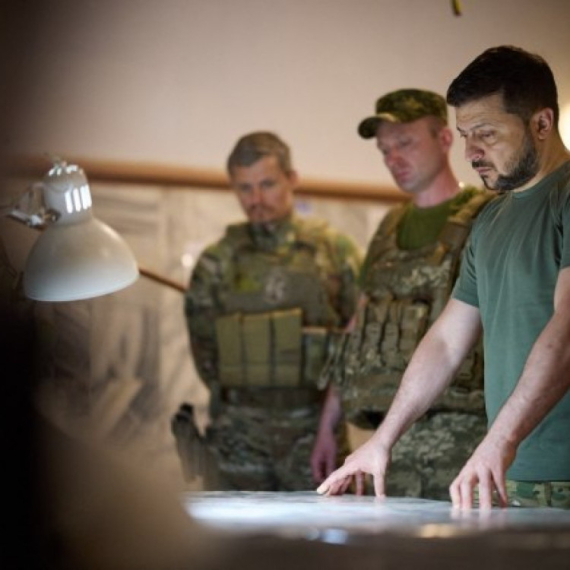
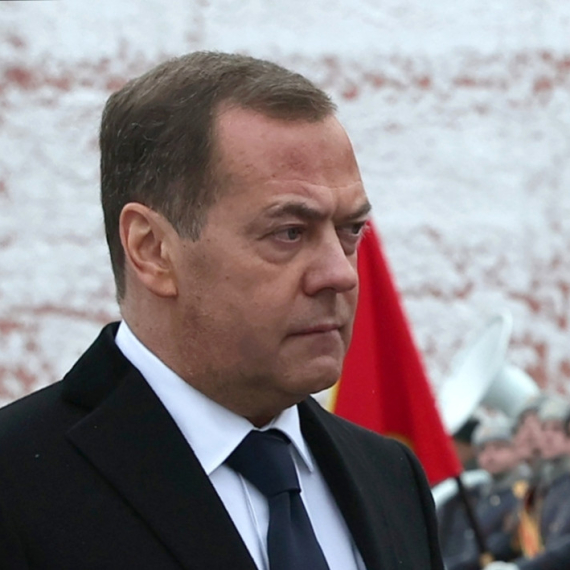
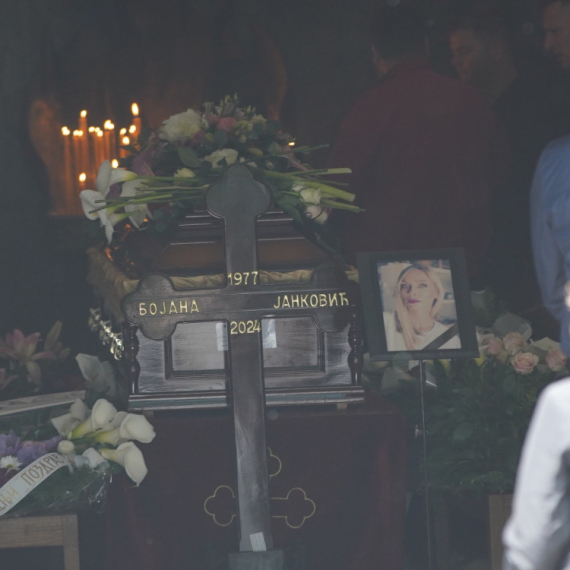










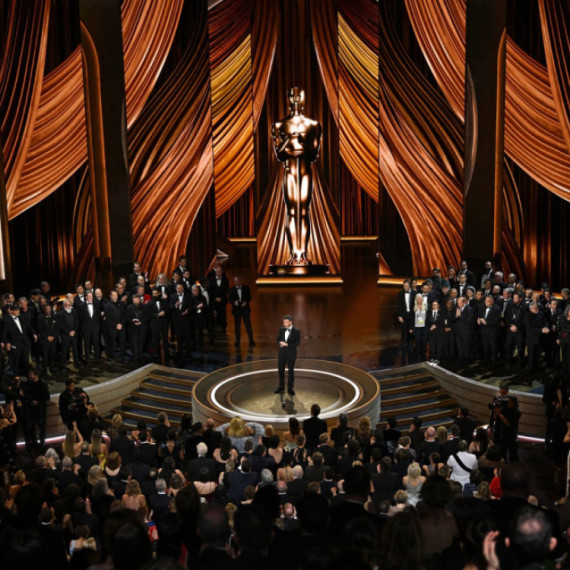




















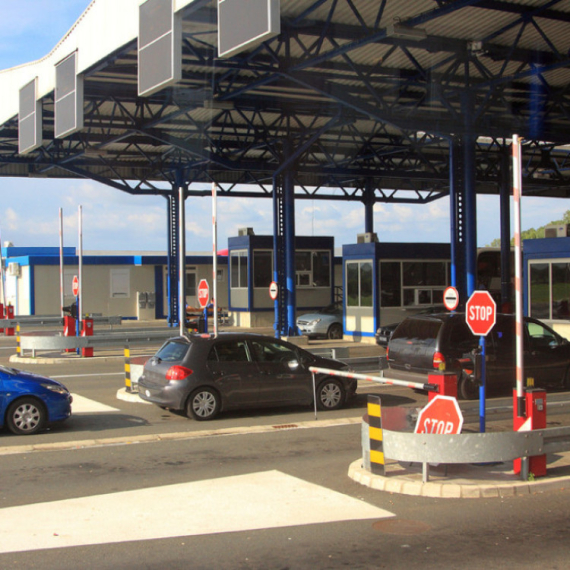







Komentari 0